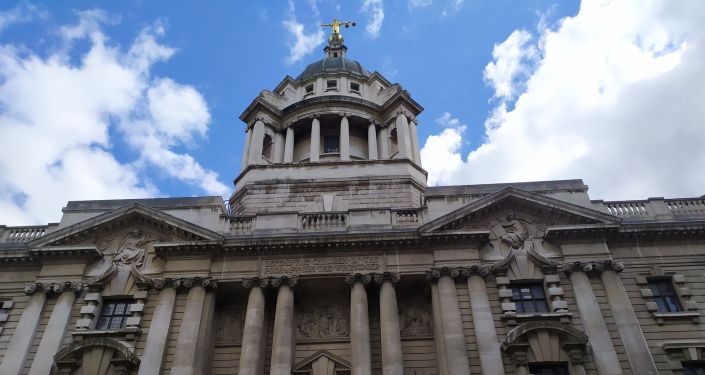
The judge in Julian Assange’s extradition hearing decided that the WikiLeaks publisher should not be extradited to the United States on the grounds that he is at “high risk” of suicide or self-harm on 4 January 2021. District Judge Vanessa Baraitser’s reasoning was based upon the pre-trial and post-trial conditions Assange would likely be subjected to in America, namely solitary confinement and Special Administrative Measures. However, the judge’s decision has still come under heavy criticism for its acceptance of the overall legitimacy of the US prosecution’s claims. Namely, that the charges against the award-wining journalist do not pose a threat to freedom of speech and freedom of the press and that should he be extradited he could and should challenge the US government’s claims and raise any arguments in his defence at trial. In particular, the court decided that: Assange’s alleged conduct went above and beyond that of a “responsible” journalist and, if proven, his actions should not be protected by the right to freedom of speech and press, which are themselves not absolute rights. Assange’s alleged actions put the lives of US government sources and informants at risk. Assange could potentially raise arguments that his disclosures caused no harm…